Project Background
The viaduct was built in the 1890s to carry passenger and freight trains into Center City and consists of steel structures, elevated filled areas and arched masonry bridges that provide spectacular views of the city. After the last train traveled its rails in 1984, the viaduct was abandoned to weeds and disrepair. The CCD completed the transformation of Phase I of The Rail Park in 2018. Building on and linking to that success, CCD entered into a development agreement with the City of Philadelphia and has engaged Urban Engineers and Studio Bryan Hanes to lead engineering and landscape design.
CCD also retained community engagement firm Connect the Dots, which solicited a broad range of opinions and received valuable suggestions from neighbors at public meetings as well as through online and intercept surveys.
With much of the land around the Viaduct Greenway remaining vacant and undeveloped, the opportunity exists to add residential and light commercial development and to create a unique, mixed-use, mixed-income neighborhood that supports the aspirations of Chinatown, Callowhill, West Poplar and East Poplar communities.
CCD also worked with the city to bring a case before the federal Surface Transportation Board, which confirmed that the viaduct is not an operating rail line but a dilapidated structure that has been neglected for over four decades, creating unsafe conditions for nearby residents and businesses. The board's definitive ruling that the rail operating rights were extinguished decades ago strips Reading International of its exemption from city codes, taxation, and eminent domain — clearing the way for the city to transform the property into a public park for adjacent communities.
The CCD has committed to raising all the funds to complete the renovation of the Viaduct Greenway with initial work supported by a generous grant from the Pennsylvania Department of Community and Economic Development Industrial Sites Reuse Program and additional grant support from the William Penn Foundation, Poor Richards Charitable Trust, Connelly Foundation, Wyncote Foundation, and PECO Green Region.
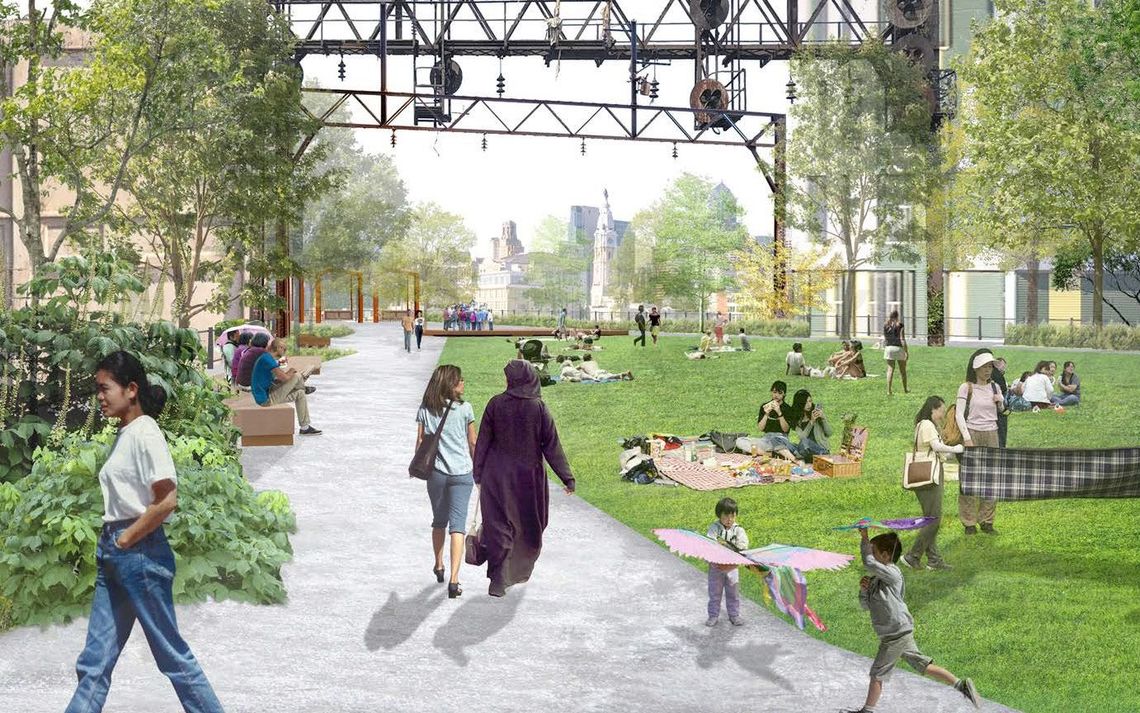 Press Release
Press Release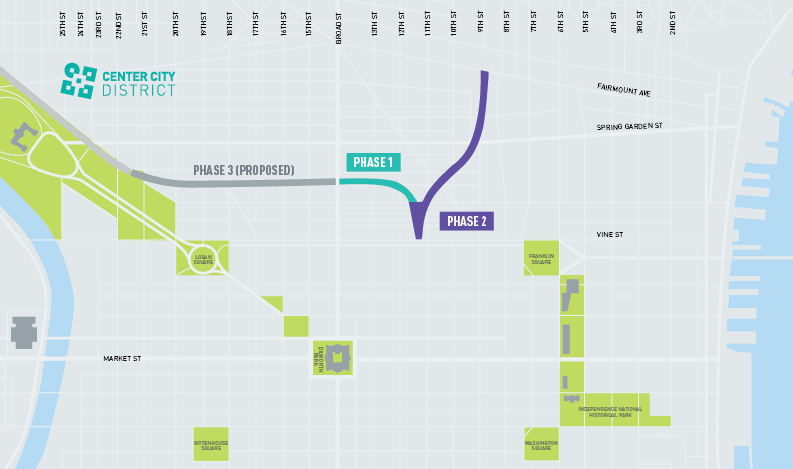
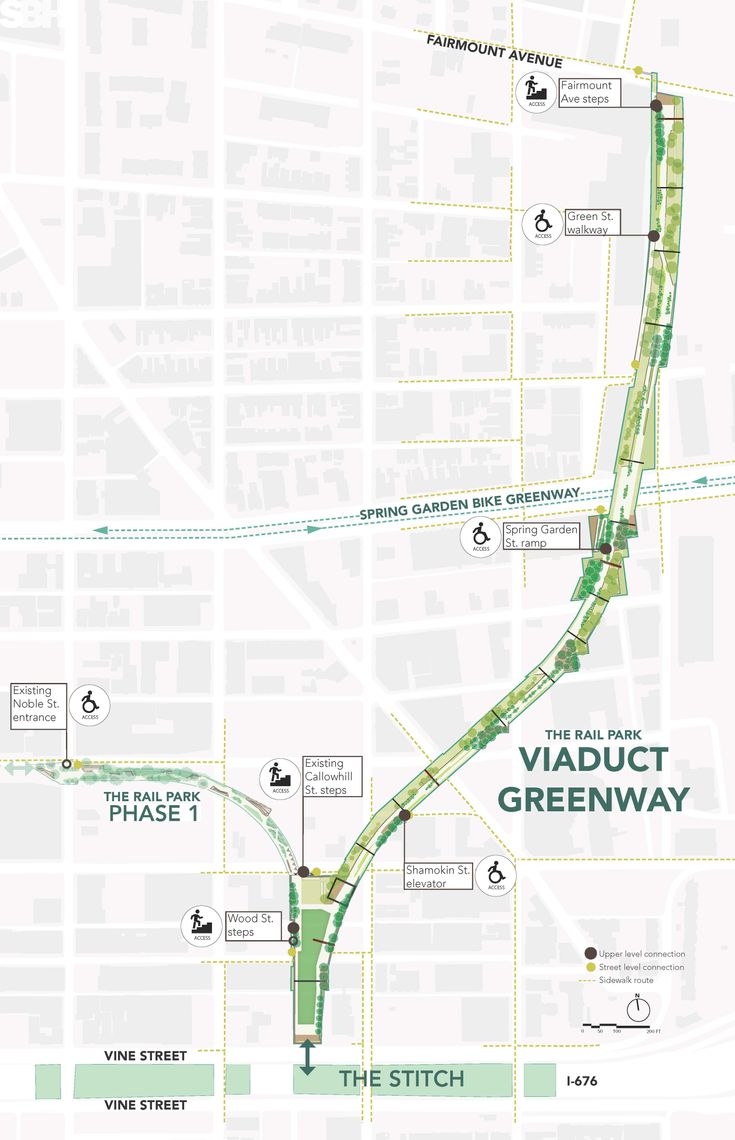

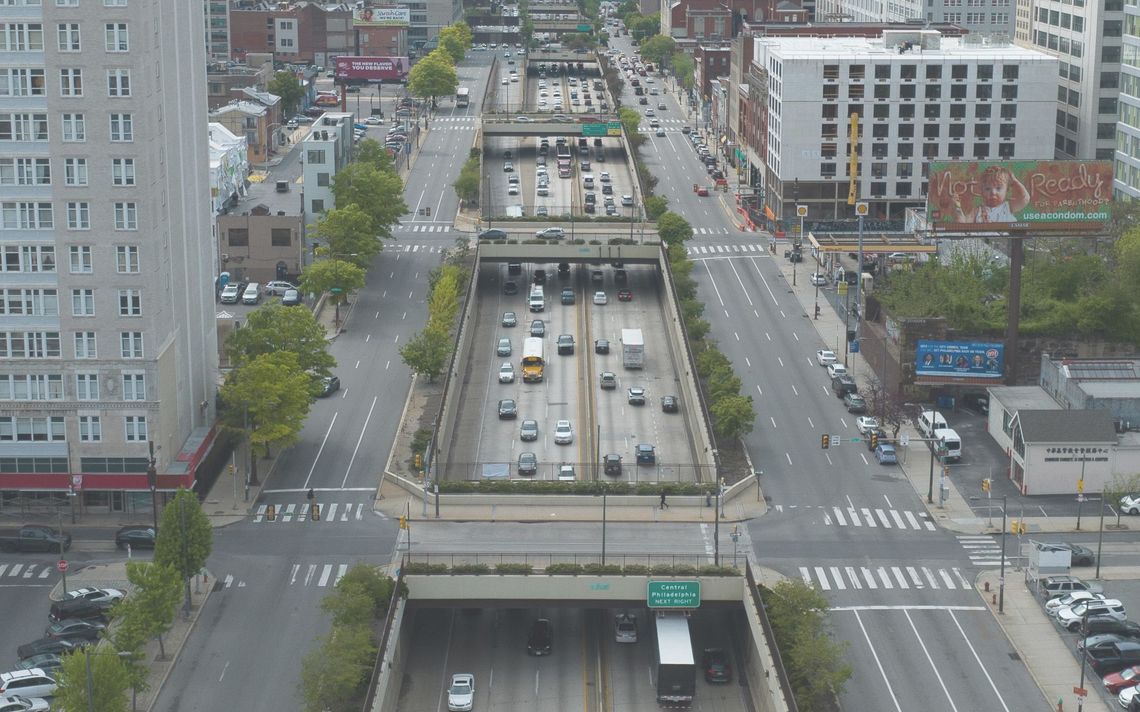
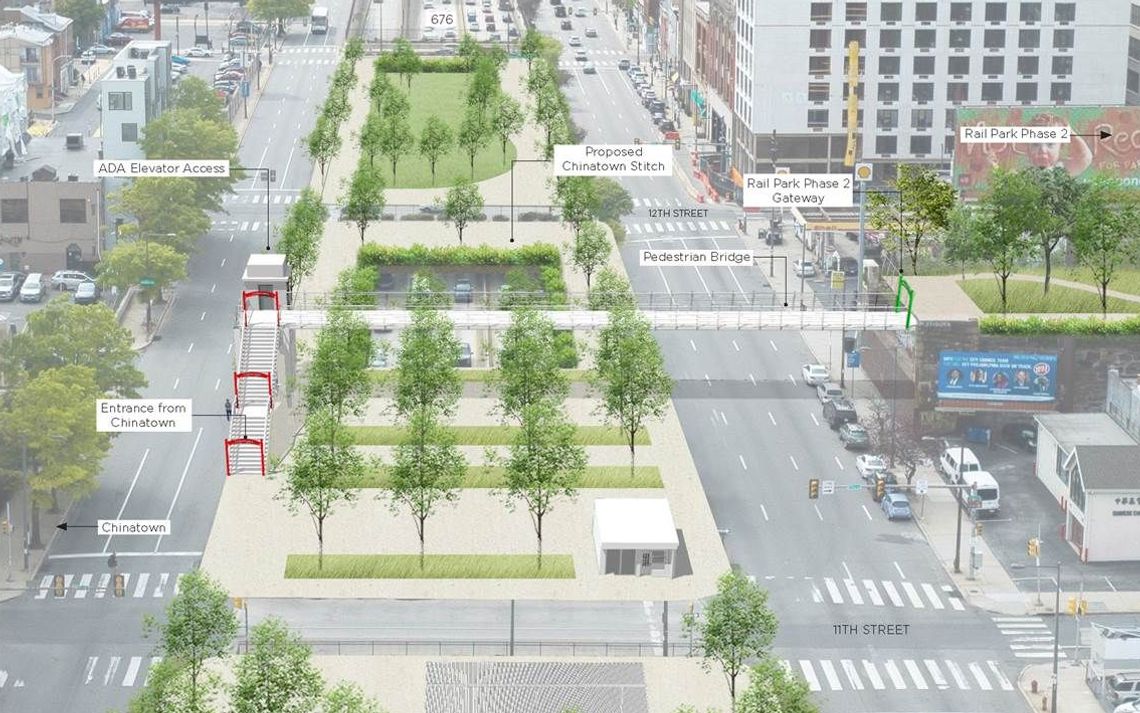
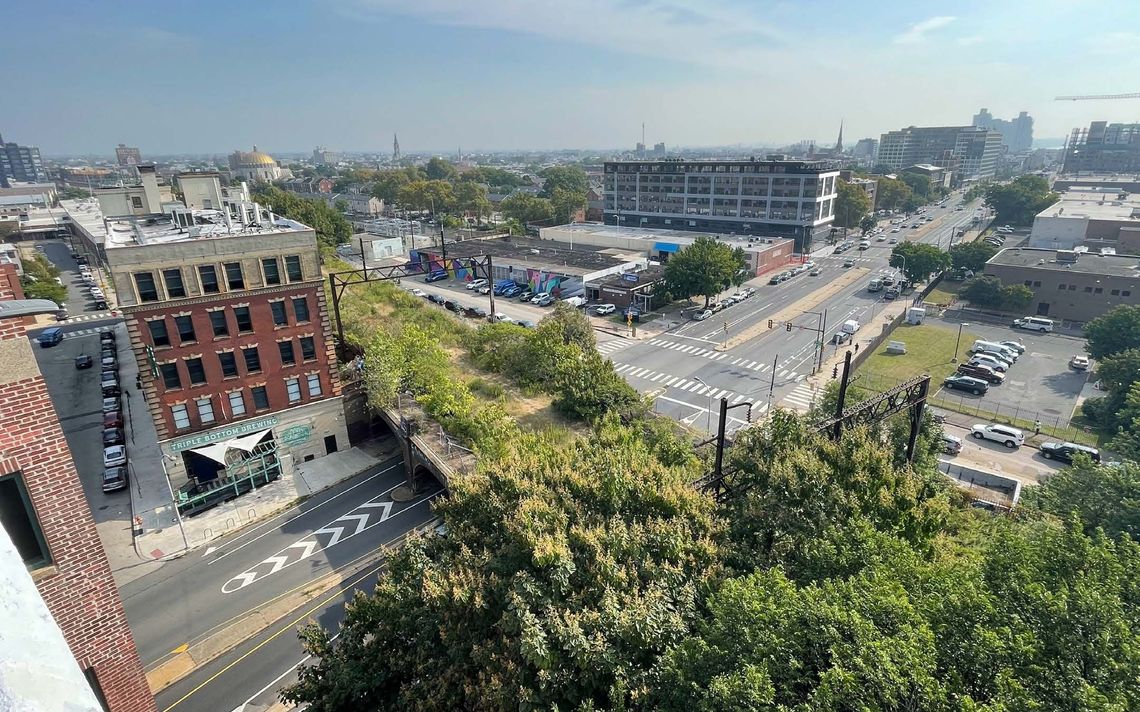
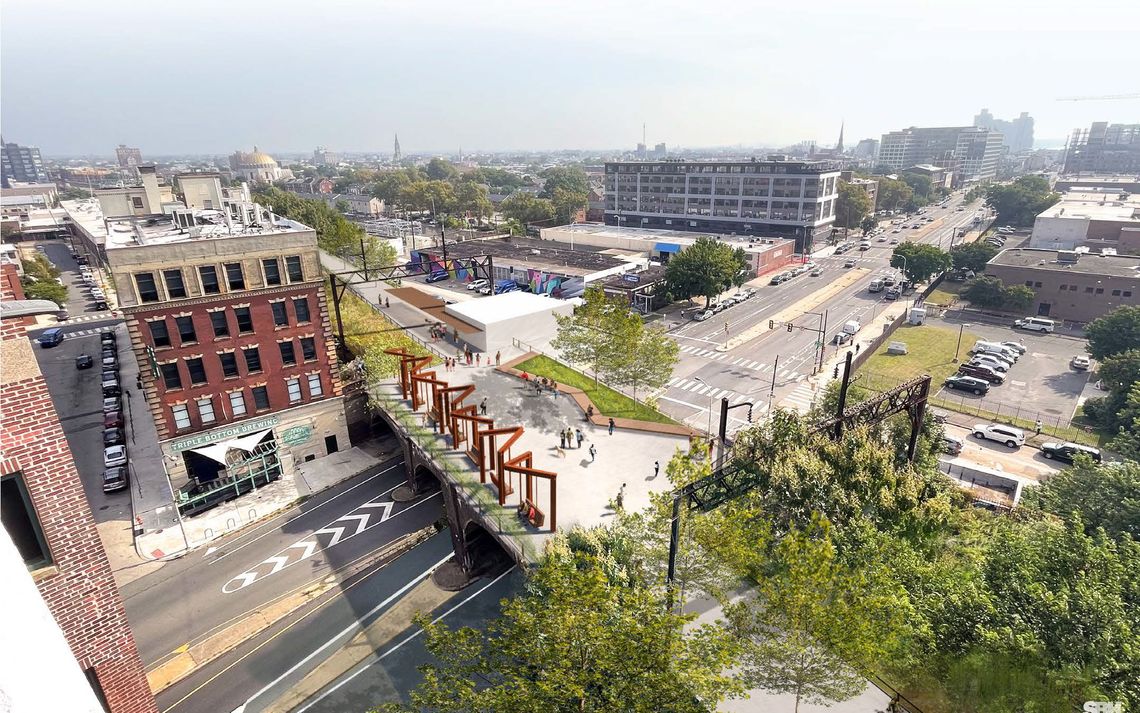
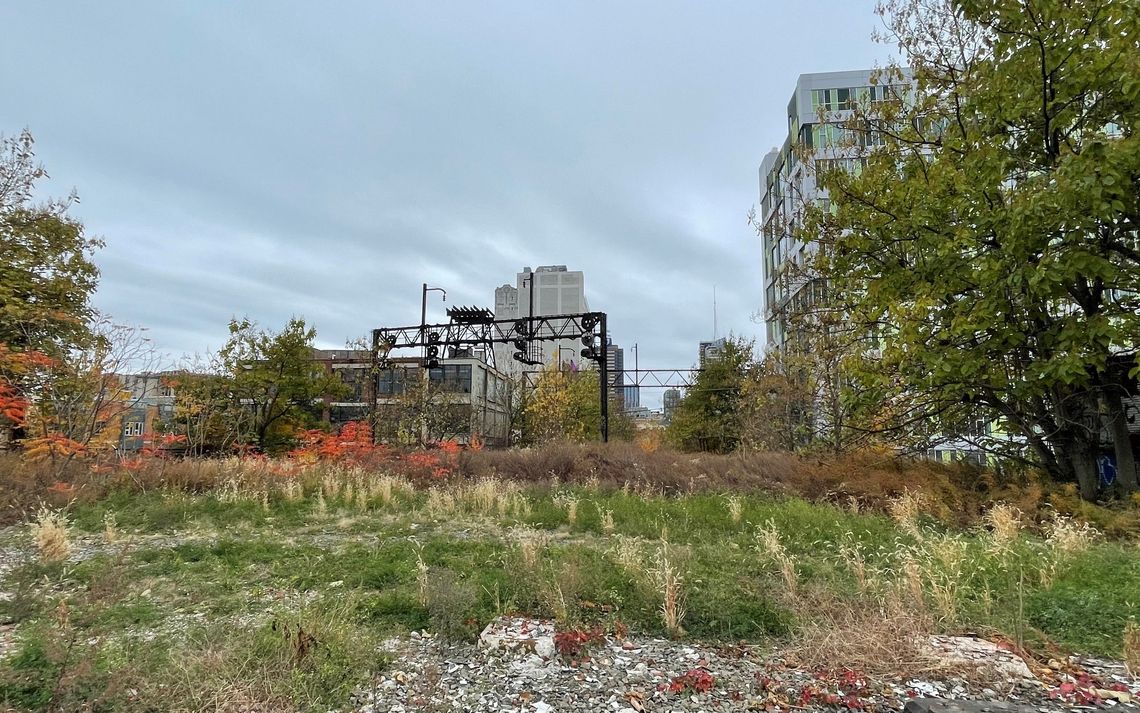
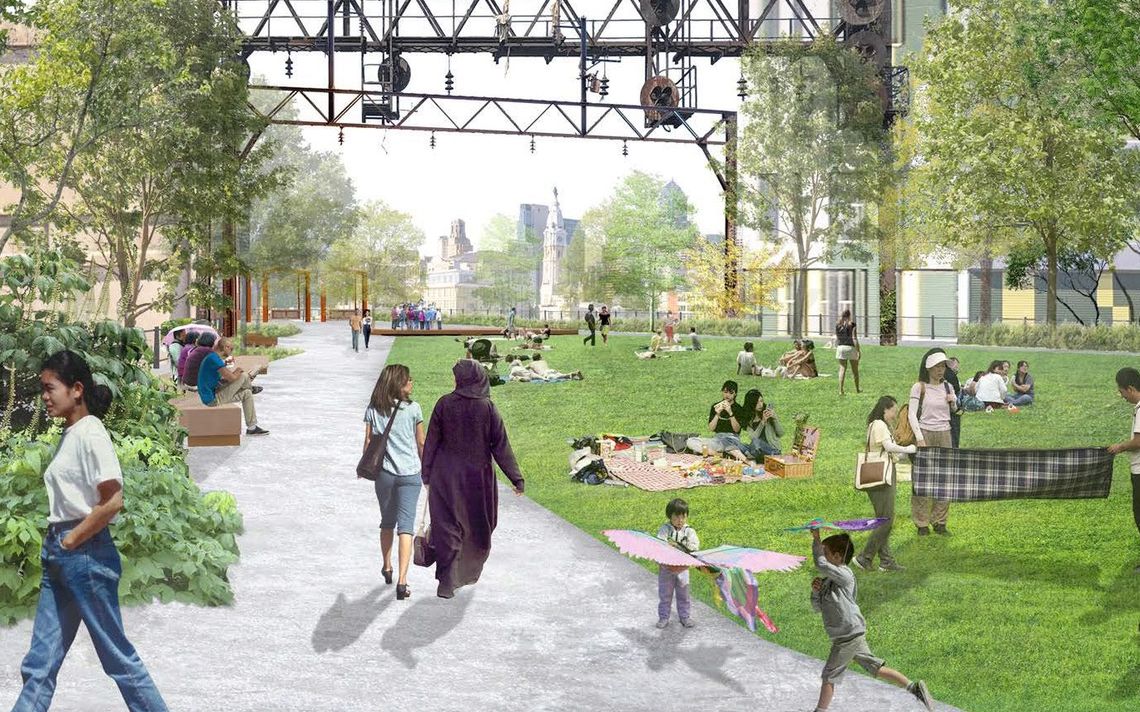
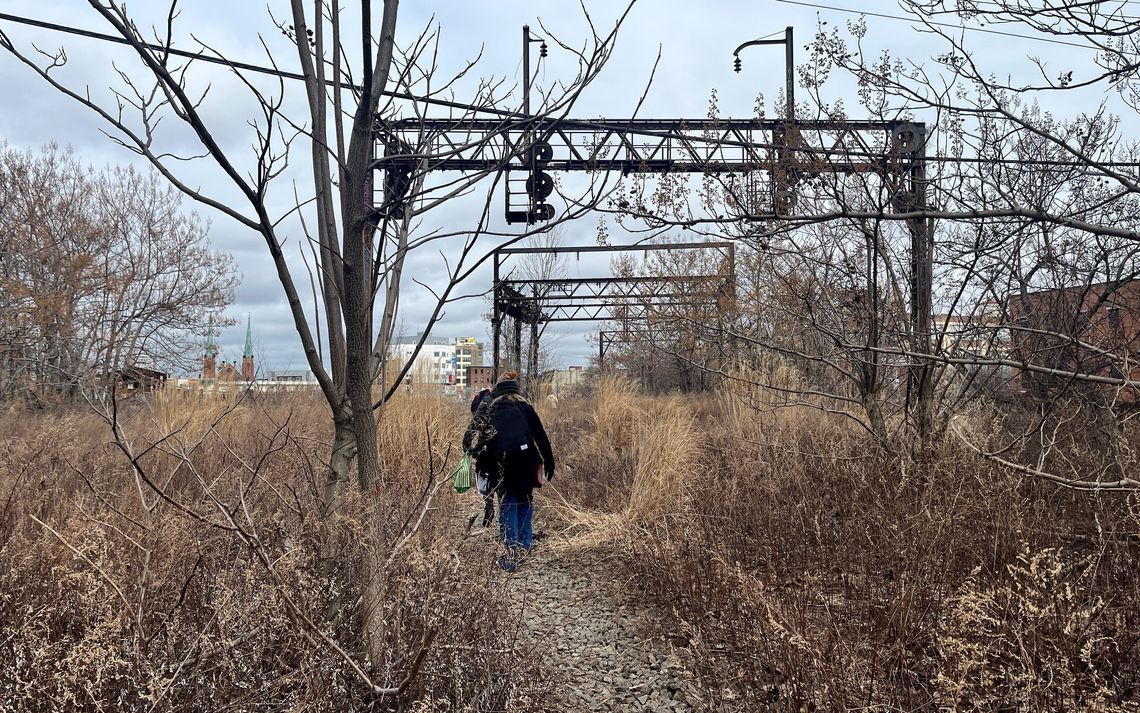
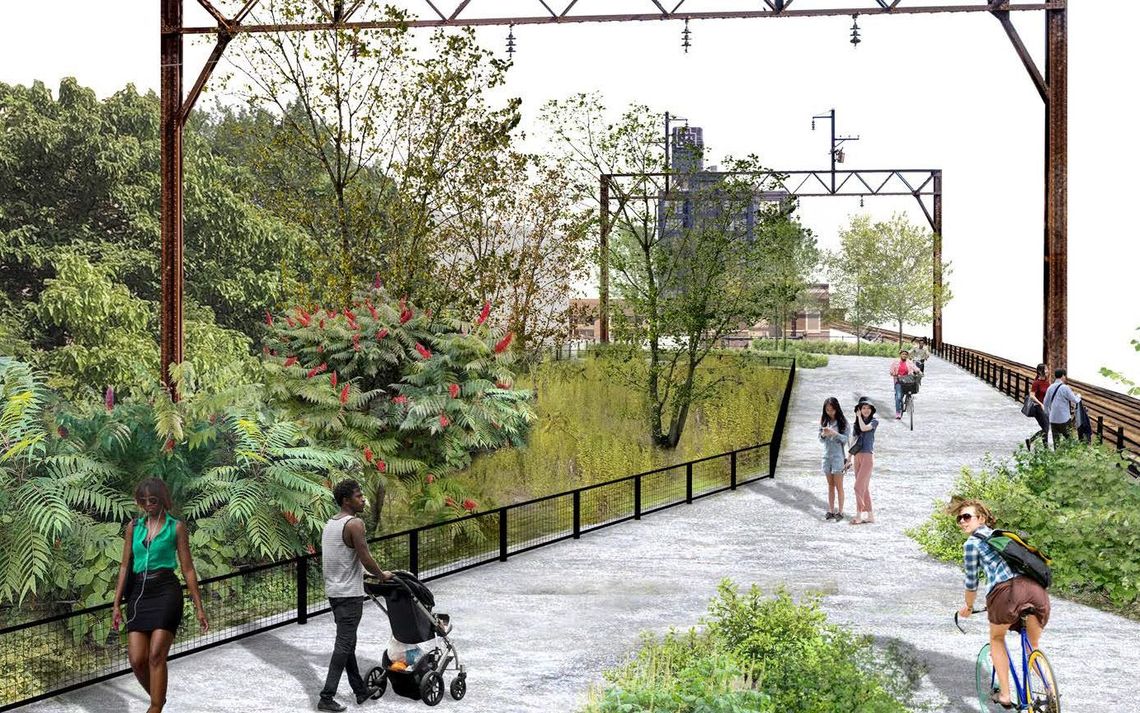
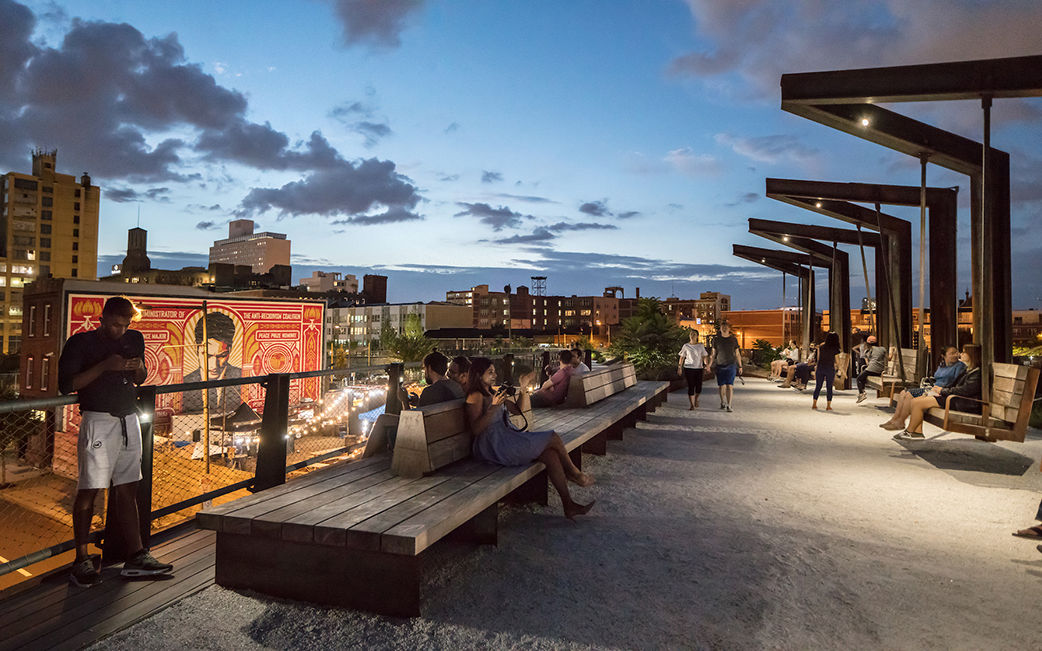 CCDF Initiative
CCDF Initiative